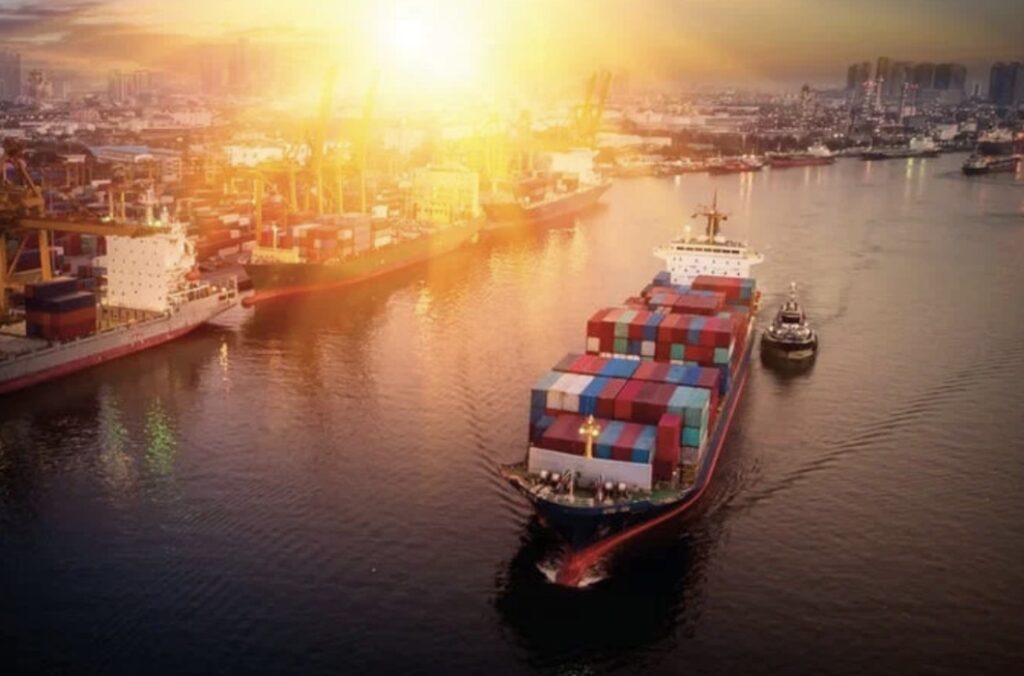Brexit: VAT And Customs Duties, Meeting Your Compliance Obligations
Indirect tax expert Robert Matchant has in Forbes summarized some of the new obligations when the UK Border Operational Model kicks in.
After around 12 months of significant upheaval, organizations trading in goods are taking a period of reflection to assess how well their post-Brexit international supply chains have been working. Others have carried out exercises to address any gaps that may have appeared with their VAT and Customs Duty compliance obligations.

Marchants article focuses on several areas where experience shows that organizations have struggled to meet all of their indirect tax compliance requirements due to Brexit-related changes.
An important point of context is that Brexit has resulted in more imports into the UK (previously, goods coming to the UK from the EU did not need to be imported). Many businesses are inexperienced with import/ customs formalities, increasing the potential for errors to arise. This greater risk of errors on imports is further compounded by many companies, at least during the first few months of 2021. Having had insufficient time to prepare for the new Brexit requirements, they may not have been aware of all the compliance obligations arising from their product movements. HMRC introduced several easements at the start of the year to support businesses; however, they may have added to some of the uncertainty. Most recently, the goalposts have again moved on, introducing checks and controls on imports of agri-food products from the EU, with businesses struggling to keep track of the various changing milestones. Another such example is the ability to delay customs duty declarations.
Businesses had, and still have, the ability to opt to delay their Customs declarations for goods imported into the UK from the EU since 1 January 2021. The deferral means that a full customs duty declaration is not needed for an import for a period of 175 days. Under the deferral scheme, the importer must either submit a simplified declaration or make an entry of relevant data in their own records when the goods are imported and follow-up with a detailed supplementary declaration within the 175 days limit; if this is not done, then the goods are deemed to have not been legally declared, and could be subject to forfeiture and penalties.
Experience shows that some businesses were not aware that there was an ability to defer declarations. It appears that some imports have been made in this way without the importing businesses fully aware of what this means and the actions that subsequently need to be taken.
As well as the compliance risk of not subsequently making the full import declaration/having the information available to do so, there is also an impact on the import VAT position. Businesses who opt to delay declarations should estimate the amount of import VAT payable and account for this using Postponed Import VAT accounting on the relevant VAT return for the import period. In many cases, this is not happening.
Brexit has increased the number of export and import transactions and often by businesses not experienced in customs requirements. This gives the potential for an increase in errors. This was magnified by how the UK/EU trade deal was agreed upon, with businesses having very little time to prepare and spending time reactively, with a primary aim of ensuring their products could move. Now that much of that initial reactive period has passed, organizations have more time available to identify gaps that may have appeared with their VAT and customs duty compliance obligations and take corrective action.
You can read the full article here: Forbes
Source: Forbes
You must be logged in to post a comment.